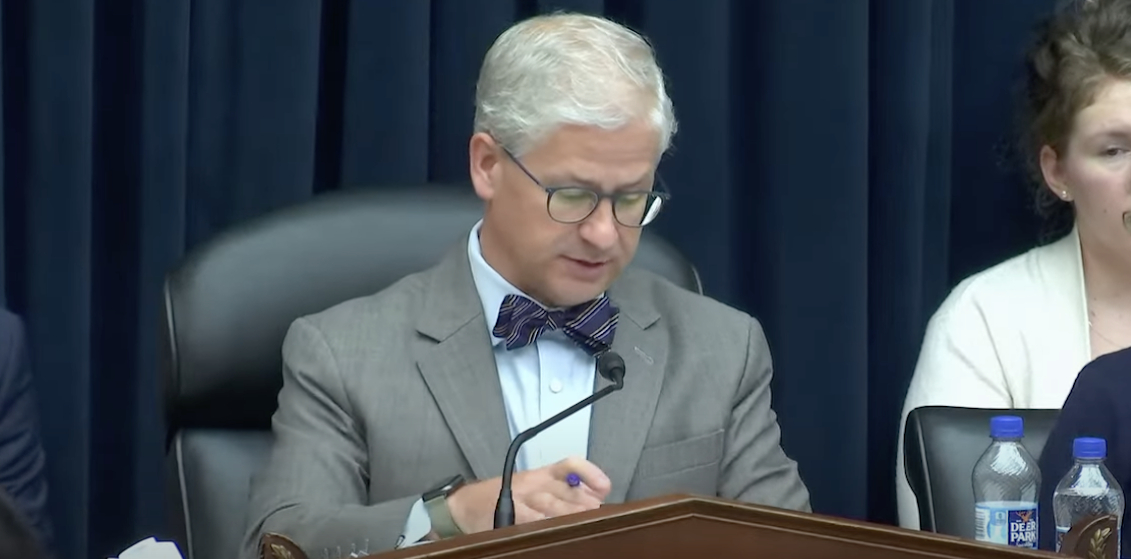Executives from Avalara, KPMG and the law firm Reed Smith discussed the use of tax technology and cross-border transactions during an event in New York.
During the lunch and learn session Wednesday, officials talked about some of the issues facing companies, including sales taxes across state lines and value-added taxes and general services taxes abroad.
Many companies are seeing an increase in sales tax collections on the purchases that they’re making, or on the items that they’re selling, in the wake of the Supreme Court’s 2018 decision in the case of South Dakota v. Wayfair. Much of that is coming from state and local tax departments.
“Whether it’s done through legislation or changes in regulation, unofficial department policies, or official department policies, we’re also seeing broadening sales tax bases,” said Jennifer White, a partner at Reed Smith who specializes in state and local tax. “Departments are expanding them, either through legislation or trying to do so through audit policies.”
Some companies want to be able to take sales and use tax remittance into their own hands and try to use direct pay permits or some other exemption certificate that may be available, but that means they have to go back and file a refund claim with either the vendor or the government if they miscalculated how much in taxes were owed. Companies may have become accustomed to underpaying taxes in the past and then later dealing with tax audits. Trying to change that kind of company culture by initially overpaying taxes and then claiming a refund can be difficult. Sales taxes on digital products can be especially challenging, and the Multistate Tax Commission has been working on a project to address the issue for several years, White noted.
Digital advertising taxes have also been an issue, with Maryland’s digital ad tax struck down by a judge last October (see story).
“But that is not scaring jurisdictions around the country from trying to do the same thing,” said White. “In the Northeast alone, we’ve seen New York, Connecticut and Massachusetts put numerous proposals in place for digital advertising taxes, social media advertising taxes and data collection taxes, trying to increase revenue streams for departments related to where spending is going.”
States are also trying to determine how to tax employees who have been working remotely across state lines since the pandemic and where they are paying for goods and services.
“There used to be office locations, and it was hard enough as it was to work with procurement to figure out that tax was being paid in the correct jurisdiction of use,” said White. “But now you have to figure out where all your purchases or sales are being used in a world where companies are having a hard enough time figuring out where their people are on a regular basis.”
Tax departments are seeing an increase in refund claims that demand proof of payment data. “The ability to maintain that data is very complicated and often requires some sophisticated tax technology tool to make sure you have all that information on your hands,” said White.
Avalara is providing a number of tools for helping businesses navigate the tax rules and it connects with other systems from other companies like SAP, Oracle, NetSuite and Salesforce as well as Amazon Web Services.
“One of our foremost capabilities is we have over 1,000 integrations so regardless of your billing or purchasing system, we can connect to it and calculate your tax, generally speaking,” said Chris von der Lieth, a senior sales executive for strategic accounts at Avalara.
Connecting to the enterprise resource planning system is especially important.
“At what point are you making the calculation, and at that point, you need the interface,” said Niren Saldanha, a tax partner and Latin America deputy tax leader at KPMG. “The connection between the tax engine and the type of data that it accepts is equally important as well. It’s really important that you understand how these transactions within your ERP impact the data.”
Avalara has expanded over the years from handling sales taxes in the U.S. to figuring taxes across the world.
“The engine is what’s keeping the calculations accurate domestically, as well as internationally,” said Brian Kelly, a global trade solutions sales specialist at Avalara. “We talk about tax research. We want to understand the importance of the taxability of your product. If you’re moving products across the border, there’s also a tariff that gets applied and a duty rate applied to a physical product that crosses a border.”
Companies are trying to mitigate the amount of audits and litigation they need to go through with tax authorities for purchases, and tax departments are talking with the procurement department to get ahead of such issues before purchases are made to avoid problems in the future.
Credit: Source link










